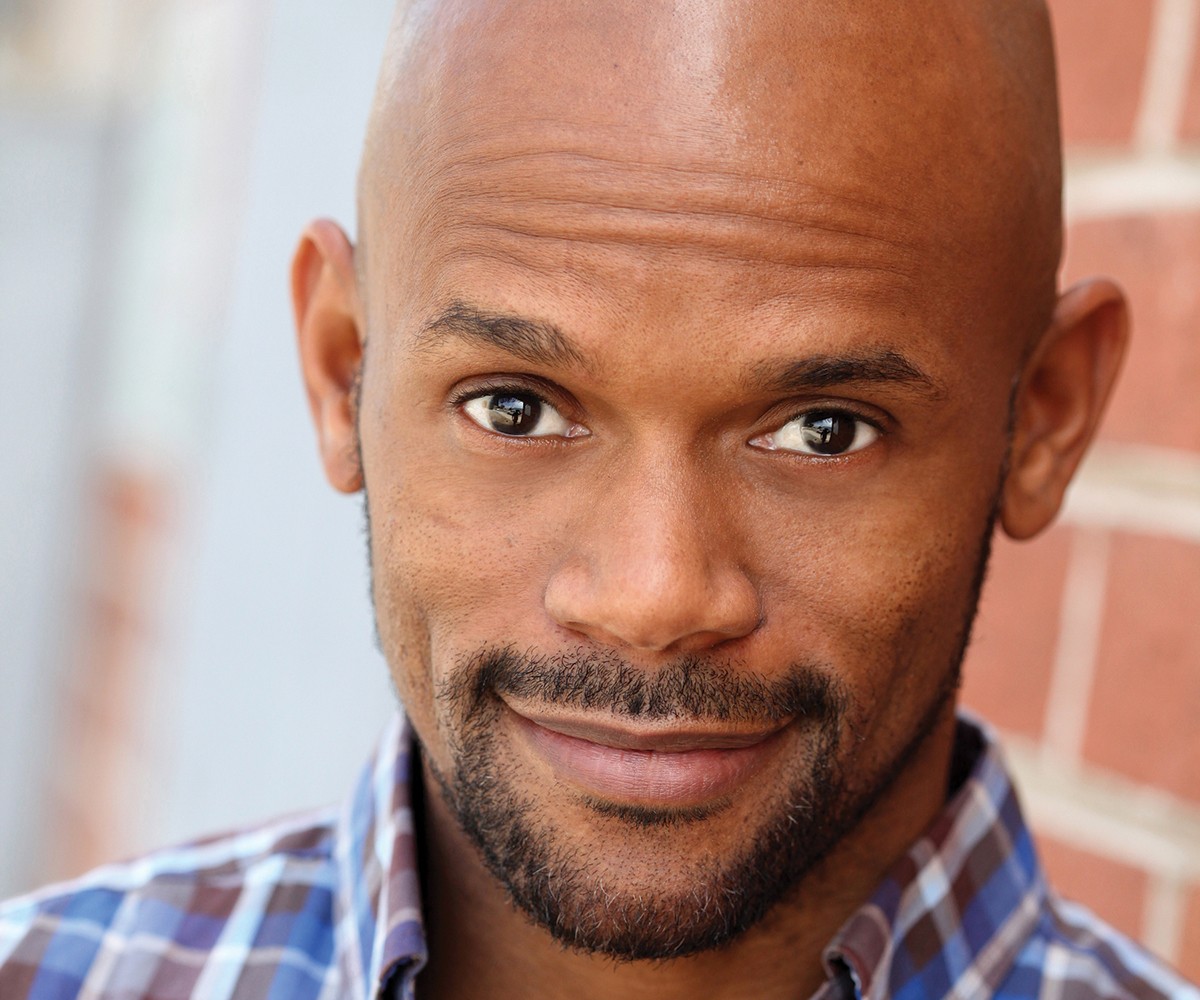Saving money never goes out of style, regardless of the current economy or the budget you’re working with.
For “dollars and sense” insights in a handful of key event areas, we turned to five proven stalwarts in their fields, and came away with some words of wisdom that should help other planners meet their bottom line.
Angel Hanson, Microsoft Planner
As the Event Marketing Manager for Microsoft, Angel Hanson has her hand in internal events for the tech giant, ranging from intimate functions to annual company meets of 15,000 attendees.
With 10 years of event experience at Microsoft and nearly 20 in the industry, Hanson has a variety of cost-cutting tips up her sleeve.
Some F&B budget tips include utilizing leftover pastries from breakfast for the a.m. breakout and simply pairing with coffee, while also cutting dessert from the lunch menu entirely.
“Nobody needs a heavy piece of cake with lunch, and that can save up to $7 a head, which really adds up when you’re hosting 1,500 attendees,” Hanson says.
Making the extra effort to book your own outside entertainment can be another major money-saver.
“We hired our own DJ for several events, and it was at the same price that the [venue] in-house DJ charged for a single event,” she explains.
Hanson is also a big fan of re-purposing function space to save additional money.
“You can use your meal hall as a showcase later and a network hub,” she says. “We recently took the same room, added new lights and furniture, and turned it into something totally different.”
Another big money-saver, according to Hanson, has been having staff organize their own transportation for company events.
Thomas Pitchford, Principal,
Pitch Perfect Events
Thomas Pitchford is an event specialist with his eye on decor and beyond, and hangs his company’s shingle in Pasadena, Calif.
Pitchford has a key resource when clients’ budgets don’t match their high expectations for an unforgettable setting: Creativity.
Pitch Perfect recently hosted a political fundraiser where the entrance area featured a series of large (10'x5') charcoal sketches depicting famous leaders ranging from Gandhi to Lincoln.
“That was really the extent of the ‘wow’ factor,” Pitchford says, “but it made a very memorable first impression.”
He also urges innovative use of lighting, which can alter and enhance ambience without the cost of expensive ice sculptures or other fancy decor elements.
“For a few hundred dollars you can purchase colored LED lights and lamps that can make a big impact,” he explains. “Or just ask AV about uplights.”
Pitchford says corners can also be cut by concentrating decor on a specific wall or other area of a room, rather than trying to enliven the entire space.
“Take a window overlooking the sea and frame with sand on tables, seaglass and so forth,” he says. “Let the ocean or some kind of festive wall be the focus of things.”
Pitchford adds that cash can also be saved via bypassing a standard sit-down dinner affair for a hors d’oeuvre-driven doing, which also feels a bit more casual and spurs more networking as well.
Brandt Krueger, Event Technology Specialist
Brandt Krueger is a seasoned event tech consultant, speaker and educator based out of Richfield, Minn.
“Most of my biggest tips involve avoiding ‘gotchas’ in AV pricing before they happen,” Krueger says. “Watch out for things like ‘rigging point’ charges in which venues can include several hundred dollars per point, per day charges to use the fixed installation points in the ceiling to hang truss and other equipment. Another gotcha is requiring you to use the in-house AV. You should always be able to bring in an outside production or AV company if you want to, and many times this requirement, too, can be negotiated away.”
Krueger also refers to today’s bandwidth pricing at venues as a “bloody mess,” as he opines there is no consistency in pricing or service provided. He urges planners to be sure to ask for a detailed report on usage following a function, helping them determine just how much bandwidth they’ll need next time around.
Patti Shock, CPCE, CHT, Academic Consultant
Patti Shock is an academic consultant for The International School of Hospitality and a Professor Emeritus with UNLV.
Shock says that the way events present their F&B can save a substantial amount of money.
“At receptions, have appetizers passed on trays rather than having tables heaped with food,” she says. “Guests usually consume less food when it is passed on trays or platters. Plates can add as much as one-third [extra] to food costs.”
Another trick is dividing fare between table and tray servings, with tables offering more frugal fare like cheese and crackers, with upscale cuisine like shrimp limited to “timed waves” of tray servings.
As for the beverage side of things, Shock says the budget should not exceed 20 percent of the F&B cost, and suggests having bartenders control alcohol dispensation with “pour spouts” such as Posi-Pour by Magnuson Industries.
Christy Lamagna, CMP, CMM, CTSM, President,
Strategic Meetings And Events
Christy Lamagna has organized gatherings from intimate retreats to events of 150,000.
Lamagna has a wealth of budgeting gems gained from 25 years in the industry. For receptions, she advises popping some bubbly, as attendees “don’t drink champagne in abundance but feel very glamorous when served it, so the presentation and the cache goes a long way.” Another easy trick is hosting only a dessert reception, giving attendees free time for dinner on their own away from the venue.
In other event areas, she advises arranging a cumulative attrition rate with your venue that includes a provision to only be charged for rooms in your category—not a full house; and also offering event speakers the chance to sell their book in return for a lower appearance fee.






